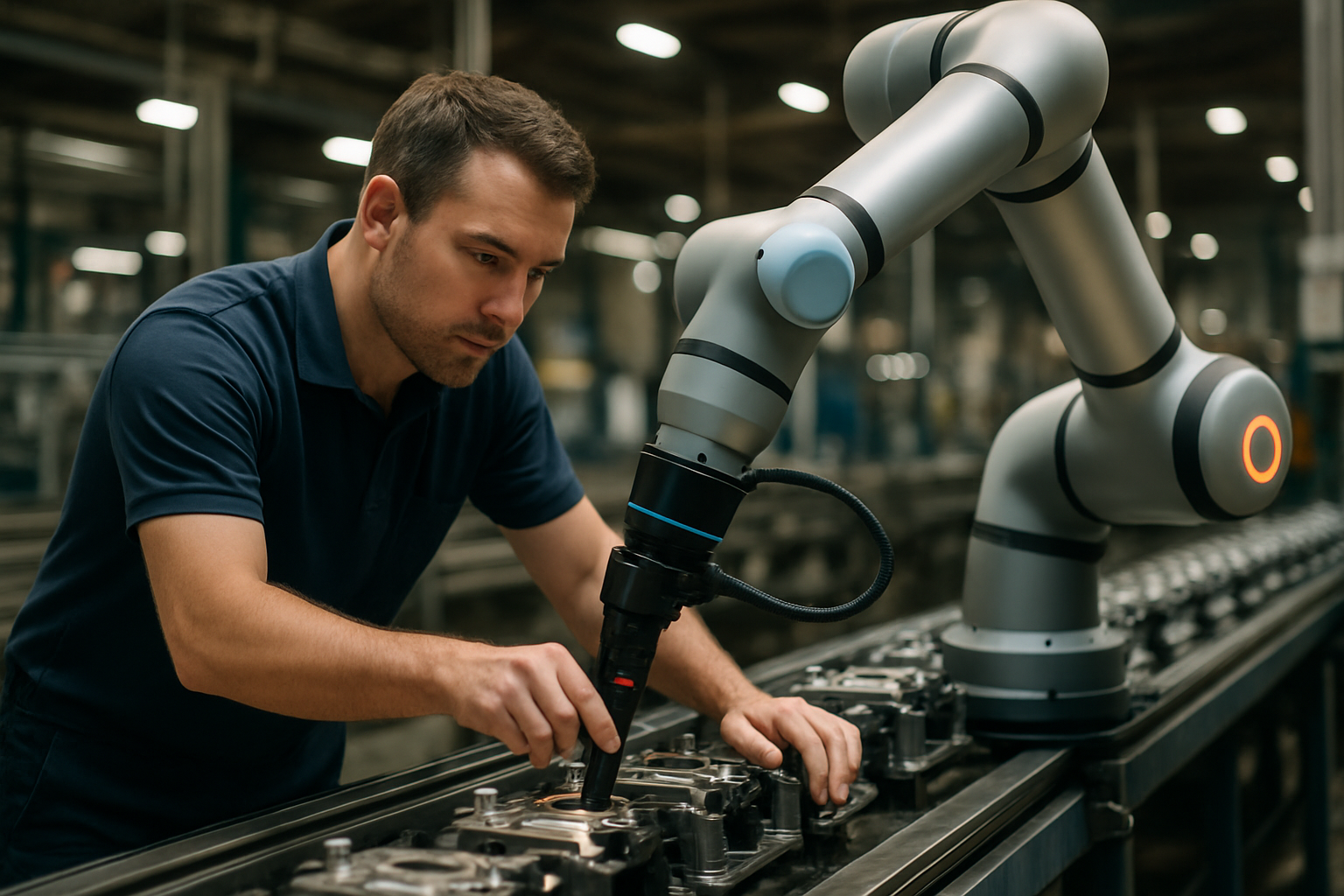Manufacturing Jobs and Career Paths in the Industry
The manufacturing sector covers a wide range of roles, from assembly-line work to engineering and quality control, and this article explains common job types, career pathways, and practical considerations for those interested in manufacturing. This is a general informational overview and does not represent active job listings or guarantees of employment in Spain or elsewhere.

What roles exist in manufacturing?
Manufacturing involves many distinct roles across production, maintenance, quality, and support functions. On the production side you will find machine operators, assemblers, and production technicians who run and monitor equipment. Maintenance technicians and electricians keep factory systems operating. Quality control inspectors, lab technicians, and process engineers focus on product standards. Support roles include logistics, procurement, health and safety, and supervisory positions. Understanding these categories helps match interests and aptitudes to suitable job types.
How can you develop a career in manufacturing?
Career development in manufacturing often combines formal training, on-the-job experience, and continuous upskilling. Entry-level roles may require vocational certificates or technical school diplomas, while advanced roles such as process engineering or production management typically require further education or several years of relevant experience. Apprenticeships and vocational programs can provide hands-on experience. Professional certifications in areas like lean manufacturing, PLC programming, or quality management are widely recognized and can support salary progression and mobility within the industry.
What should you know about manufacturing in Spain?
Spain’s manufacturing industry includes automotive suppliers, food and beverage processing, chemicals, electronics, and more. Regional variations are important: industrial activity is concentrated in certain provinces and clusters where supply chains and skilled workforces are present. Language skills, local labor regulations, and recognition of technical qualifications affect employment prospects. This overview is informational and does not imply the existence of particular vacancies; anyone interested in opportunities should consult official local services and training providers for up-to-date guidance.
What skills are needed on a factory floor?
Practical, transferable skills are valuable in factory settings. Technical competence with machinery, basic electrical knowledge, and familiarity with safety procedures are common requirements. Digital skills—such as reading digital dashboards, basic PLC interaction, or using maintenance management software—are increasingly relevant as factories adopt automation. Soft skills like teamwork, punctuality, and problem-solving matter for shift-based environments. Employers typically value candidates who can follow standard operating procedures and adapt to continuous improvement practices like lean or Six Sigma principles.
How does industry change affect manufacturing careers?
Technological changes—automation, robotics, additive manufacturing, and Industry 4.0 data workflows—are reshaping many roles in manufacturing. Some routine tasks become automated, while demand grows for technicians who can program, maintain, or oversee automated systems. Sustainability goals and supply chain resilience also influence job content, creating roles focused on process optimization, energy efficiency, and regulatory compliance. These shifts mean lifelong learning and flexibility are increasingly important for career stability and advancement.
Conclusion
Manufacturing offers a variety of roles from hands-on factory work to technical and managerial positions within the broader industry. Career progression typically combines practical experience, vocational or academic training, and ongoing skills development. This article provides general guidance about the sector and about considerations relevant in Spain and other contexts; it does not list or imply specific job vacancies. For concrete hiring information, local services and official employment agencies provide the most current and authoritative resources.






